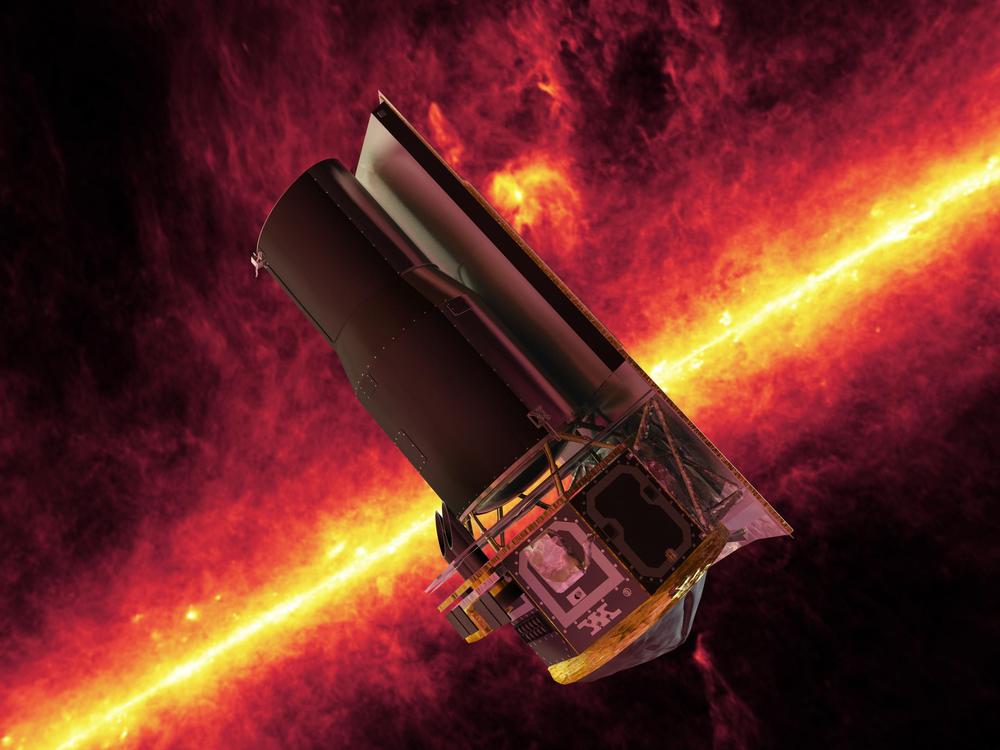Today marks the 16th anniversary of the launch of NASA’s Spitzer Space Telescope, which will be switched off permanently on Jan. 30, 2020. By then, the spacecraft will have operated for more than 11 years beyond its prime mission. Discover how the spacecraft has explored the cosmos in infrared light for so many years:
After nearly 16 years of exploring the cosmos in infrared light, NASA’s Spitzer Space Telescope will be switched off permanently on Jan. 30, 2020. By then, the spacecraft will have operated for more than 11 years beyond its prime mission, thanks to the Spitzer engineering team’s ability to address unique challenges as the telescope slips farther and farther from Earth.
Managed and operated by NASA’s Jet Propulsion Laboratory in Pasadena, California, Spitzer is a small but transformational observatory. It captures infrared light, which is often emitted by “warm” objects that aren’t quite hot enough to radiate visible light. Spitzer has lifted the veil on hidden objects in nearly every corner of the universe, from a new ring around Saturn to observations of some of the most distant galaxies known. It has spied stars in every stage of life, mapped our home galaxy, captured gorgeous images of nebulas and probed newly discovered planets orbiting distant stars.
But as Spitzer’s deputy mission manager, Joseph Hunt, said, “You can have a world-class spacecraft, but it doesn’t mean anything if you can’t get the data back home.”
